This is the story of 12 friends, 11 from Syria and 1 from France. The journal from their trip, from July 15 to August 15, passing the borders, from Turkey to Syria.
***
(Nafar in Arabic is the one without name, without right, a number in the mass, and it is how the smugglers are calling their clients: “He is only a pocket of money”).
Part 3: The Balkan Way
Hungary (3/3)
For previous parts click here.
Güncenin Türkçesi için burayı tıklayınız.
While we were getting prepared in Belgrade to cross the Hungarian border, our French friend took a plane to Vienna where she had the plan to rent a caravan.
For us, like for the majority of migrants, this crossing is the most feared. In Greece, Macedonia and Serbia the most difficult moments were crossing the borders as well but after that we could directly go to the local police and get a permission to go through the country. But getting caught in Hungary means being forced to give our finger prints and so not being able to ask for asylum in any other country anymore. This happens even though it’s obvious that the asylum conditions and integration are among the worse in Hungary. Because of the massive flows of migrants arriving everyday in the country, the government is voting more and more fascist laws. A wall was at the time being built at the border with Serbia. Nevertheless, since couple of weeks Germany and couple of other European countries stopped deporting people and accepting asylum requests of those who were supposed to request it in Hungary (according to Dublin II).
To avoid the risk of getting deported in Hungary, we had planned the way to Austria by caravan. We had looked for the best place to cross the border on Google Earth. To be able to hide ourselves we wanted to avoid the road following the railways linking Belgrade to Szeged, as it is the most used one. So we chose a road at the west of Subotica, where the forest was dense enough to hide ourselves.
We took a train to Subotica where we met 8 other Syrians with whom we decided to stay for the walk. It is actually recommended to walk there with a large group of people as several gangs are going around the border to violently rob migrants on their way. After 1 hour of walk, Serbian policemen stopped by our group and took us. Behind us, they hit three Afghans before bringing them to the police office. They brought us to a wood and offered us to make us pass the Hungarian border through a safe way they knew for 50 Euros per person. We had no other choice, so we accepted their offer and they let us there after telling us to go on straight forward by walking. As soon as they left us, we checked our location on the GPS and realized that we were very close to the railways, exactly the place that we were trying to avoid from the beginning. It’s again a dark business and it’s a win-win strategy for the police who is stealing migrants and letting them on the way they are sure we get caught. We started to walk back to the opposite direction.
We walked through the woods and in the water for 11 long and tiring hours without anything to drink, and we were close to the meeting point with our French friend early in the morning. We sent our location to her smartphone and waited there. The SIM card she had just bought in Austria wasn’t working anymore so she couldn’t receive our location. After 2 hours of waiting in the woods, 2 of us decided to go to find her at the meeting point that we had fixed in the beginning. They had left their backpacks with the others and were wearing different clothes to be more discreet. But despite that the police saw them, caught them and brought them to the police station of Kelebia.
Meanwhile, with a wifi connection, the French friend managed to read the location of the group and started to walk to find them. She had only flip-flops, was exhausted because of the lack of sleep and had no way to contact the group, so she started to sing songs that they could all recognize and hoped to be heard. After 45 minutes of searching, her songs were heard and we could find each other. At that time, we had to leave our 2 other friends behind us at the police station.
The journey went fine. In Vienna, we got in an over-crowded train from Budapest to Munich. It was a very big relief. Most of us were finally arriving at the final destination.
During this time, the two last ones back in Hungary were separated and couldn’t get any news from each other. One of them had his eye injured earlier in the wood (because of a branch) and was brought to the hospital. Before being separated, they both agreed to give their fingerprints. They knew that if they refused, they would have to stay several weeks in prison. Then, they would be sent back to Serbia and would have to try again to cross the border. They didn’t have any energy anymore, they wanted this trip to end and they knew about the bad life conditions on the camps.
Nevertheless, they still had to spend 2 days in closed camps. One of them had to go to prison at some point. It was enough time to see how much refugees’ rights are flouted.
80 people were in the same small room of the prison, they couldn’t go out, and they didn’t have food or water. Only once a day each person was given a sandwich which had an immediate effect: everybody fell asleep… To spend the night, despite the cold, they were given wet blankets. In order to get back the cell phones, one should have given 10 Euros to a policeman.
In those camps, conditions are horrible and racism is the rule. Policemen particularly like to harass Africans, Afghans, Iraqis or Pakistanis. On the first day, an Iraqi man who refused to give his fingerprints got bitten. He started to cry, so policemen took a picture of him and stuck it on the wall. Everyone has his own sense of humour.
Shocked and haunted by those horrible memories, our two friends finally got released and went to find their French friend at the train station of Bucharest. Three of them crossed the Austrian border by car to reach Berlin and join the rest of the group.
The trip is over. We reached our goal. But we can’t say that we are unharmed. We will need time to get better and to start making a life for ourselves here, on this unknown land.
And now what?
***
“11 Nafar and 1 human”
We are a group of 12 people, 12 young persons full of hope and dreams, that met in Syria or in Turkey, and decided to go together to Europe. In the group, there is a doctor, a judge, 2 architects, a lawyer, 1 painter, 1 designer, a film maker, a social worker, a cook, an actor and a first-aider. Half of the group couldn’t continue their studies because of the war. Most of them escaped to Turkey some years before the decision to try their chance and cross the sea. But staying in Turkey means accepting to stay where there is no opportunity to work legally or to study. It means accepting to wait, only wait, for the situation to change. But our youth won’t last that long. In the group there are 11 Syrians and one French. For her, with her passport, the borders are open. In this system she is a human, she has the right and the possibility to be wherever she wants to. For different reasons, but with the common will of living this experience all together, we left Istanbul and are now on our way to a country where the nafarats could be humans again. At least, this is the goal.
(Yeşil Gazete, Migrant Solidarity Kitchen)


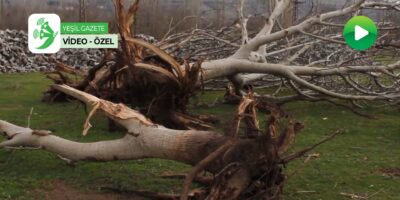
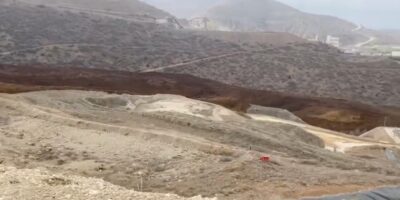
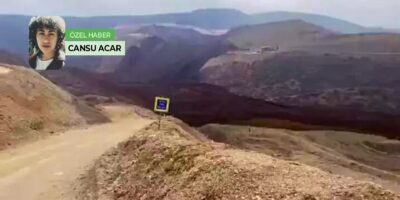
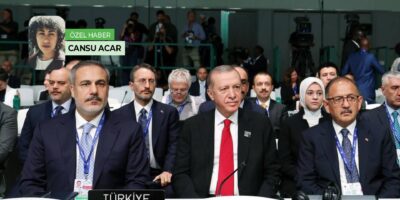
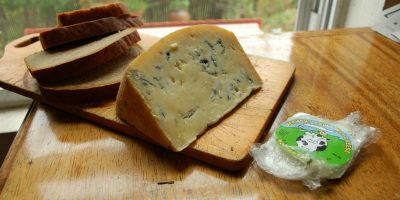
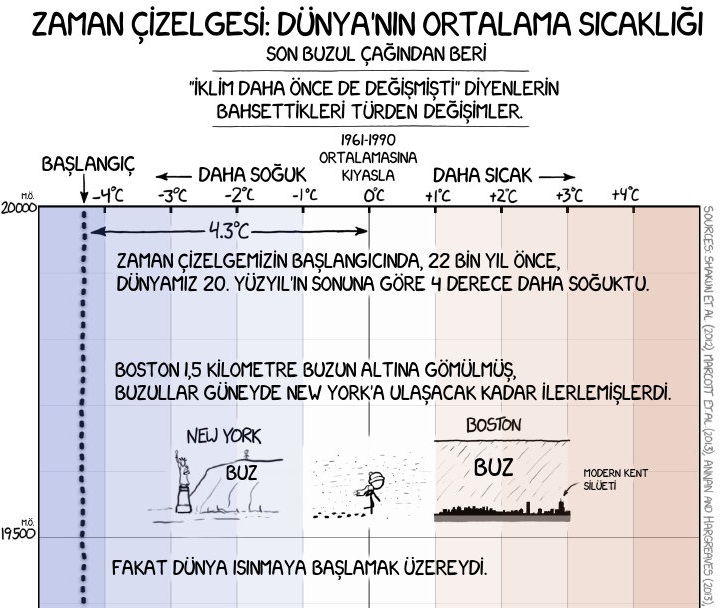


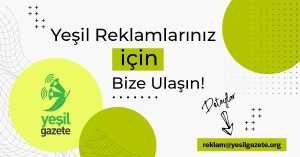
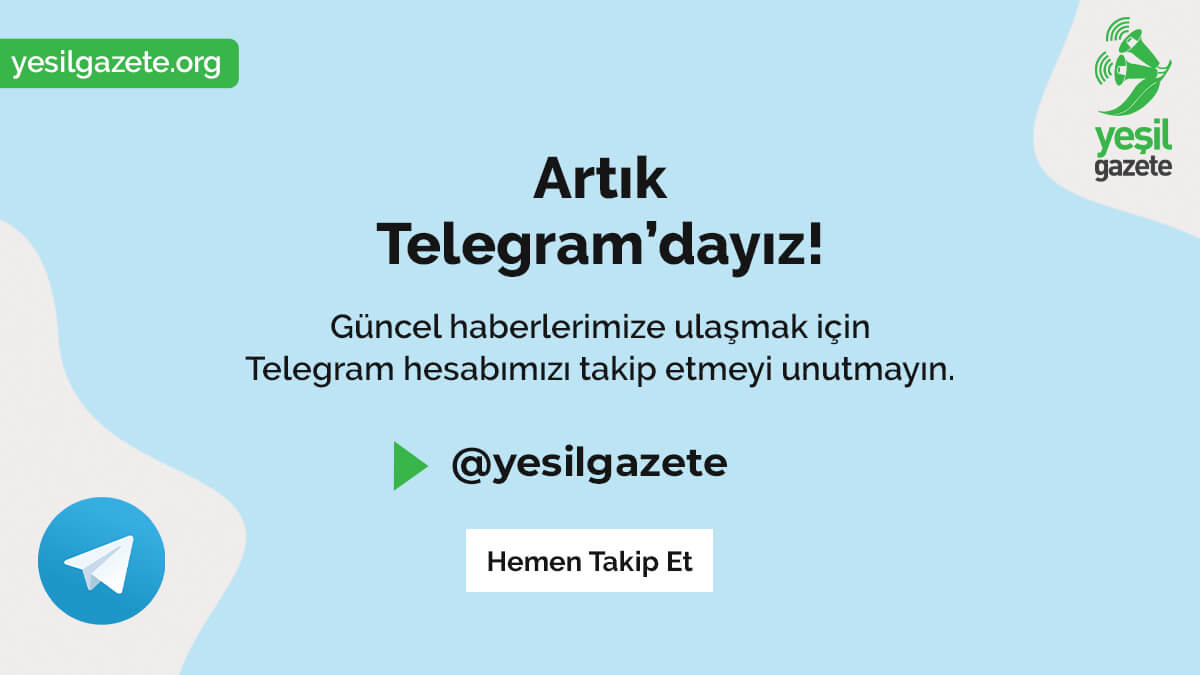
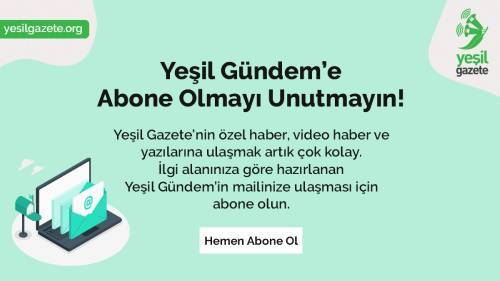
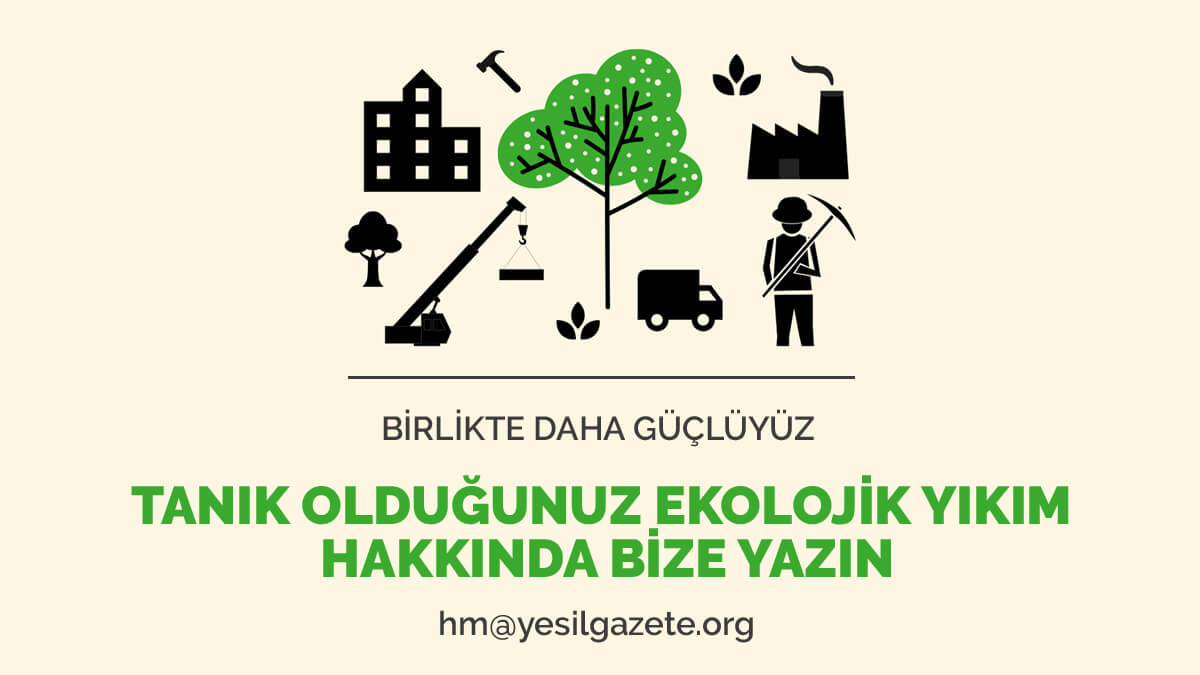

Comments